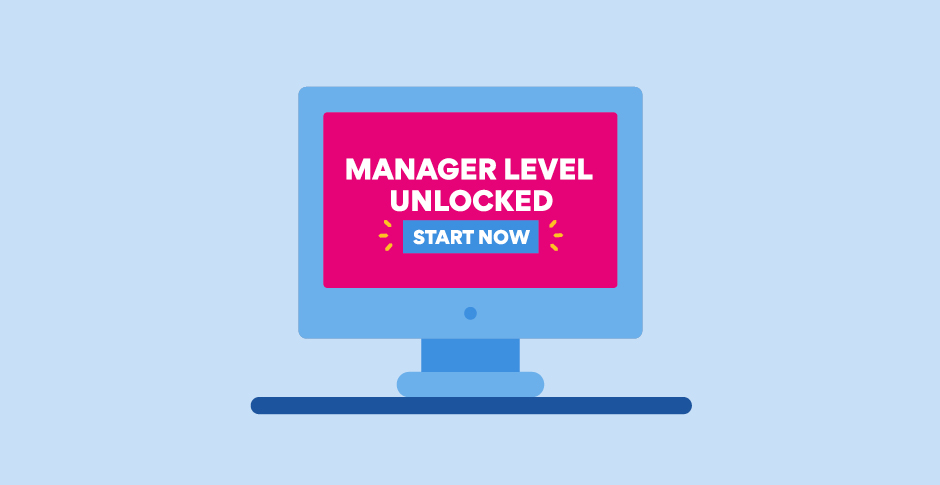Can you think back to when you started your career? It may feel like eons ago, but this should be just the indicator of how far you’ve come.
Like many who have had long and fruitful careers, there have been mistakes made and lessons learnt, loads of changes to adapt to, some good luck and a whole lot of hard work. All in all, you’ve achieved a huge amount, and you’ve gained experience and knowledge worth sharing.
Confidence coach, author and media personality, Lisa Phillips recommends mentoring as it “gives you the opportunity to reflect on your own career”.
There are a plethora of known benefits a mentee can gain from an experienced mentor, including but not limited to, developing their confidence, receiving valuable advice and building their professional networks. However, like Phillips, many business leaders believe that mentorship can play a key role in professional development for both mentee and mentor, serving more as an unofficial business relationship.
So why not embrace a positive change? Becoming a mentor can enrich your life on a personal and professional level by helping you do the following…
Positively impact another person’s career and gain personal satisfaction
You may not consider yourself much of a teacher but sharing your knowledge with a mentee can be empowering. As a mentor you can help other professionals avoid the pitfalls you may have faced in your own career and give them insight into the industry or organisation you may both work for. It can be very personally fulfilling to know that you’re directly contributing to someone else’s growth and development, and seeing your mentee succeed as a result can feel like a reward in itself.
As a mentor you can help other professionals avoid the pitfalls you may have faced in your own career and give them insight into the industry or organisation you may both work for.
Develop your interpersonal, leadership and management skills
Becoming a mentor can help you learn how to oversee and guide people that come from different backgrounds, environments and stages of life to you. As you may speak a very different “language” to one another, you may be forced to find a new way to communicate more effectively. Leading and helping others requires you to take initiative, be adaptable and problem solve based on the bigger picture, putting your own skills to the test!
Increase your professional networks and learn from future members of your profession
Although you probably have a variety of professional connections at this stage in your career, Phillips advises to “always keep an open mind, as the chances are you may learn something new as well – particularly if you are mentoring people from different generations.” For example, a Baby Boomer who takes on a Gen Y mentee can learn a lot more about technology or social media. Remember, the people you mentor today are the decision-makers of tomorrow, and can act as a network of allies throughout your profession.
Increase your profile and the profile of your organisation
Workplace mentors do a great job at setting a good example for their colleagues. By mentoring people within your own organisation, you’re demonstrating your commitment to employee support, as well as developing and enhancing your own reputation within the organisation. You’ve spent decades building on your own knowledge, so why not gain some recognition for your skills and expertise?
Give back to your industry
Many business leaders, like founder and CEO of Milan Direct, Dean Ramler see mentoring as a cyclical duty, an entrepreneurial way of “paying it forward”. He believes ““it’s important to give back as much as you can” and that knowledge should be shared, “just so long as they’re not your competitor.”



